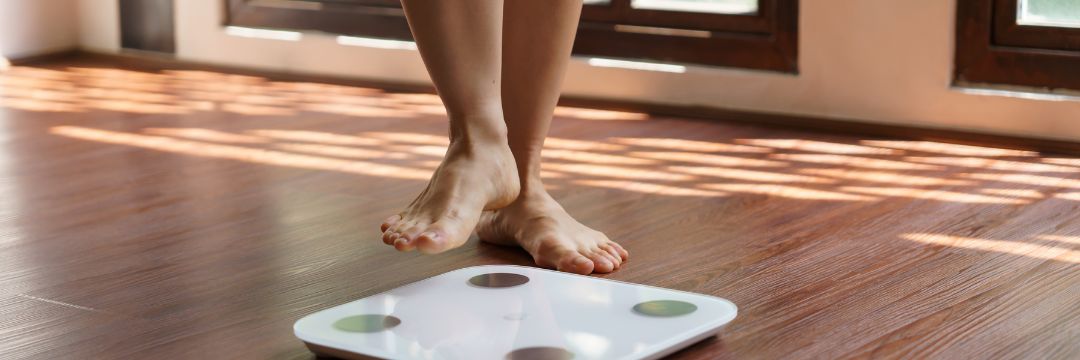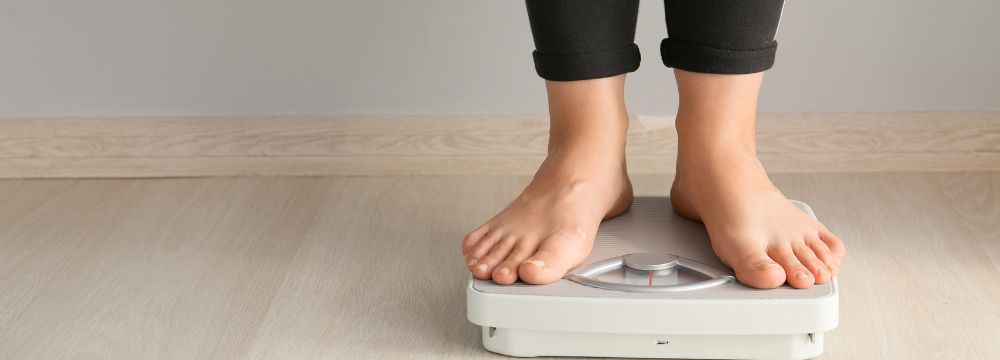
Official Surgical Association of Mobile, P.A. Blog
Abdominal Pain
After Weight Loss Surgery
BMI
Body Image
Breast Cancer Surgery
Colonoscopy
Colorectal
Coronavirus
Diet
Exercise
Financial
Gallbladder / Cholecystectomy
Gastric Sleeve
GERD
Hernias
Laparoscopic Surgery
LINX
Medical Weight Loss
Obesity
Preparing For Bariatric Surgery
Recipes
Robotic Surgery
Support Groups
Type-2 Diabetes
Weight Loss Surgery

Popular categories
Diet
See more ArticlesAfter Weight Loss Surgery
See more ArticlesWeight Loss Surgery
See more Articles
Abdominal Pain
After Weight Loss Surgery
BMI
Body Image
Breast Cancer Surgery
Colonoscopy
Colorectal
Coronavirus
Diet
Exercise
Financial
Gallbladder / Cholecystectomy
Gastric Sleeve
GERD
Hernias
Laparoscopic Surgery
LINX
Medical Weight Loss
Obesity
Preparing For Bariatric Surgery
Recipes
Robotic Surgery
Support Groups
Type-2 Diabetes
Weight Loss Surgery


















